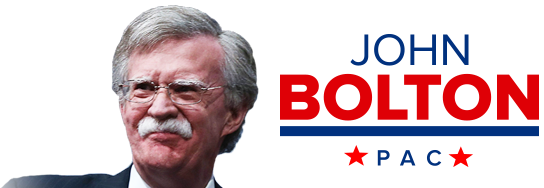Vladimir Putin was the only winner in last week’s Oval Office grudge match between Donald Trump and Ukrainian president Volodymyr Zelensky. Trump harmed US national security by ignoring our profound, long-standing interest in European stability, which we learned through the 20th Century’s two hot world wars and one Cold War. Ensuring our enemies do not control the European landmass, and having extensive trans-Atlantic economic, political, cultural and familial relations are palpably important to our way of life. All this is at risk. Trump has not merely gone neutral in the Russo-Ukraine war, he is objectively on Moscow’s side.
Likely now to be abandoned by Washington, its largest single source of military and economic aid, Kyiv’s problems are even worse. Ukraine still faces the implacable Russian enemy, whose leadership is determined to recreate the Czars’ empire, especially by absorbing “little Russia” as they patronizingly call it. The Europeans, for all their bluster, are woefully inadequate substitutes, especially if Washington moves even further into Russia’s camp, perhaps lifting economic sanctions and seeking investments in Russian mineral resources.
The instant analysis of Friday’s debacle, pitting Trump supporters against Zelensky supporters, largely turned on questions of etiquette. This is seriously wrong. What is at stake is not an Emily Post-style assessment of who blew up the meeting, who was rude or disrespectful, or judging “where the meeting went wrong.” Almost certainly, everything the three principals said with the press watching, they would have said while meeting privately after the Oval Office photo opportunity. The issue is US national security, not whose behavior was more juvenile.
Trump argued that Zelensky was not serious about peace, and that his comments made it harder to persuade Putin to come to the negotiating table. But Putin is hardly a snowflake, wounded by unkind Zelensky remarks. In fact, Putin is one of the most cold-blooded leaders in today’s world. He knows exactly what he wants. Even though his logic, especially regarding the value of human life, does not correspond to ours, he has relentlessly pursued his objective of restoring “greater Russia.” Ukrainians object to this outcome not because they have bad manners but because they insist on freedom and independence (should be familiar words for Americans) from foreign oppressors.
Indeed, it is precisely Washington’s massive shift toward Moscow that moving legitimate discussions between Kyiv and Moscow into the future. As Trump hands the Kremlin one concession after another, Russia’s incentive to negotiate diminishes. Why seek compromise through negotiations when obtaining precisely what they want by direct US intervention?
Former Russian President Dmitri Medvedev wrote prior to the Oval Office disaster, “if you’d told me just three months ago that these were the words of the U.S. president, I would have laughed out loud(https://nypost.com/2025/02/20/world-news/russia-praises-trump-after-he-ripped-ukraines-zelensky/).” He was referring not just to Trump calling Zelensky a “dictator” but to abandoning US and NATO positions that Ukraine must reobtain full sovereignty and territorial integrity; that Ukraine could ultimately join NATO; and that America or NATO itself would give Kyiv security guarantees under a comprehensive peace deal. Such retreats clearly evidence that Trump is now siding with Moscow rather than Kyiv and America’s own security.
Trump’s insistence that he wants “peace,” while carefully phrased for its political benefits, is in fact the most dangerous outcome of the Oval Office meeting. Peace can always be obtained by surrender. “Peace at any price” is always on offer. Russia’s unprovoked aggression put Ukraine at risk, not its desire to join NATO. That has been America’s official position since at least 2008 under George W. Bush. Russia did not strike against Ukraine until 2014, and then waited eight years to attack again in 2022. By adopting the Kremlin’s view that Ukraine and NATO precipitated the war, Trump is repeating Russian propaganda. Former UK Prime Minister Boris Johnson called this notion “Orwellian”: “you might as well say that the swimmers were responsible for attacking the shark in Jaws or the United States were responsible for attacking Japan at Pearl Harbor( https://www.lbc.co.uk/politics/uk-politics/boris-johnson-on-trumps-ukraine-comments/).”
Whether Ukraine and America can find a way back from the precipice remains to be seen. The real threat for the United States, however, is that we now have a President who can’t tell our friends from our enemies.
This article was first published in the Washington Examiner on March 3, 2025. Click here to read the original article.


